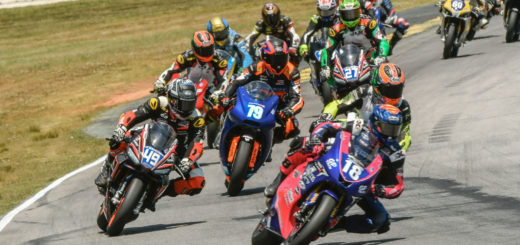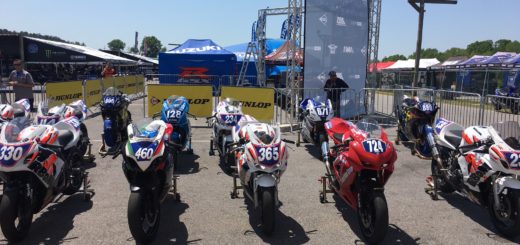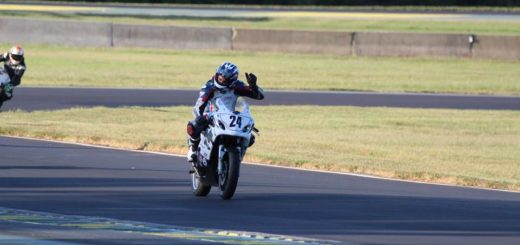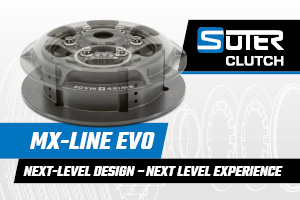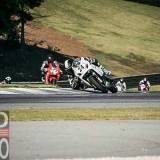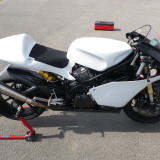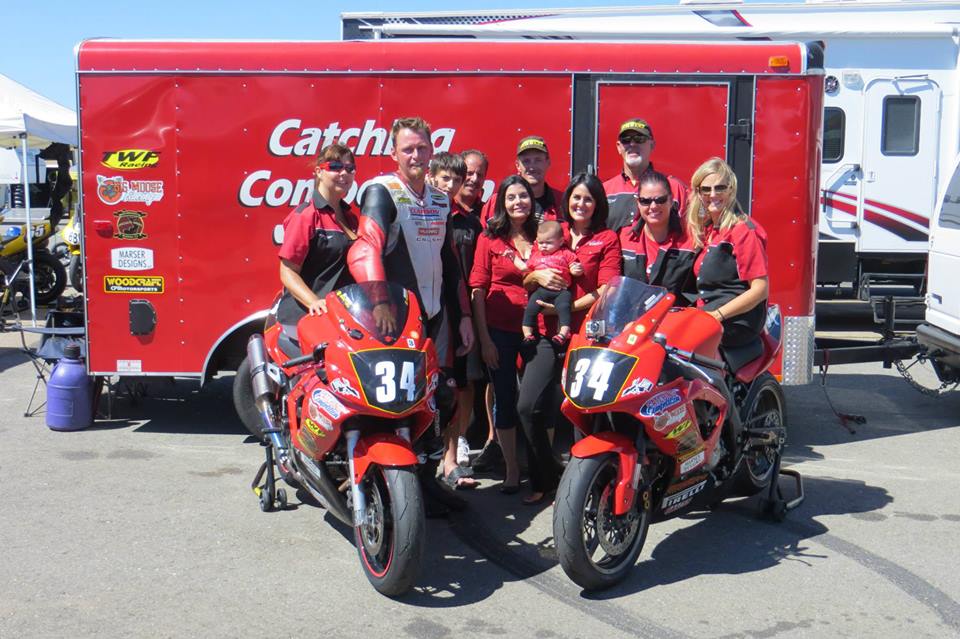Would MotoAmerica Twins Cup look better as a spec series?
This post has already been read 4212 times!
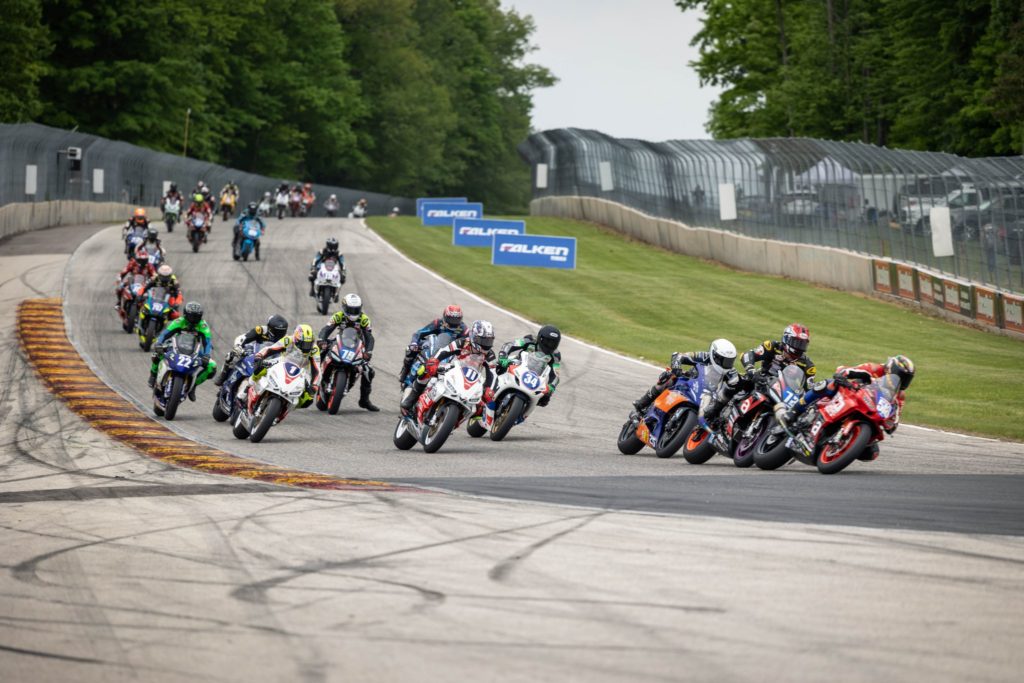
Since its inception in 2018, the Twins Cup class in MotoAmerica has grown and allowed younger riders to showcase their talents before graduating to larger bike classes. It provides a stepping stone between the smaller bikes and the supersport category. In its first year, the grids were not massive, and the bikes were not built to the same level they are six years later. It didn’t take long after M4 Suzuki entered the class for bikes to start getting expensive. Racers began to push the limits of their machines in every way. Builders invested significant time and money into the bikes, and it has evolved to the point where the general consensus is that it’s more cost-effective to race supersport than to compete in the Twins Cup. That is not how this hierarchy of classes should work.
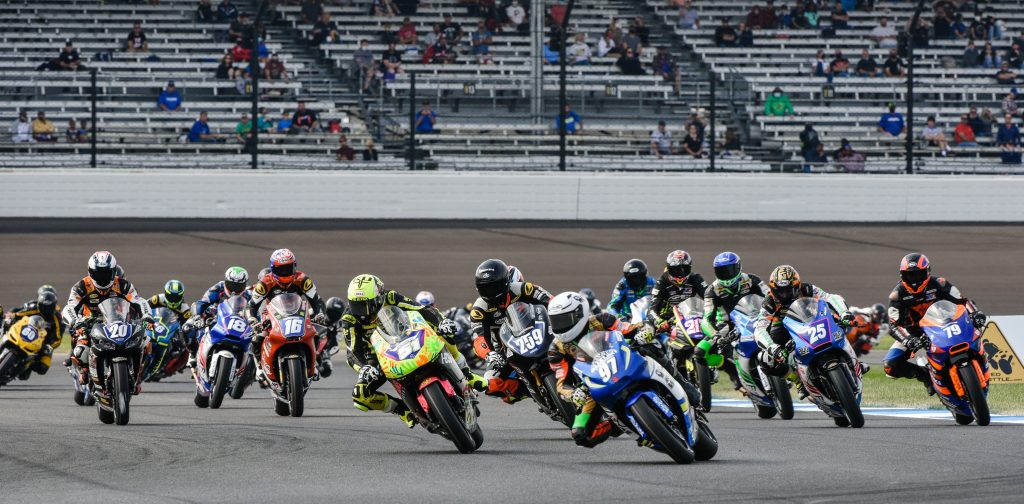
Some love it, some hate it, but regardless, most can agree that the racing is stellar. We’re talking about spec racing, where most of the time the best rider wins the championship. This is why the Red Bull Rookies Cup uses spec machines (and it’s sponsored by Red Bull KTM). The point of that series is to showcase the riders’ abilities, not the bikes. Moto3 is arguably the best racing in the world; while not using spec bikes, it’s very close. Historically, the Twins Cup has featured very close racing (see this article for just how tight it was over the course of an entire season), which makes this idea a hard sell. If we already have close racing, why does anything need to change?
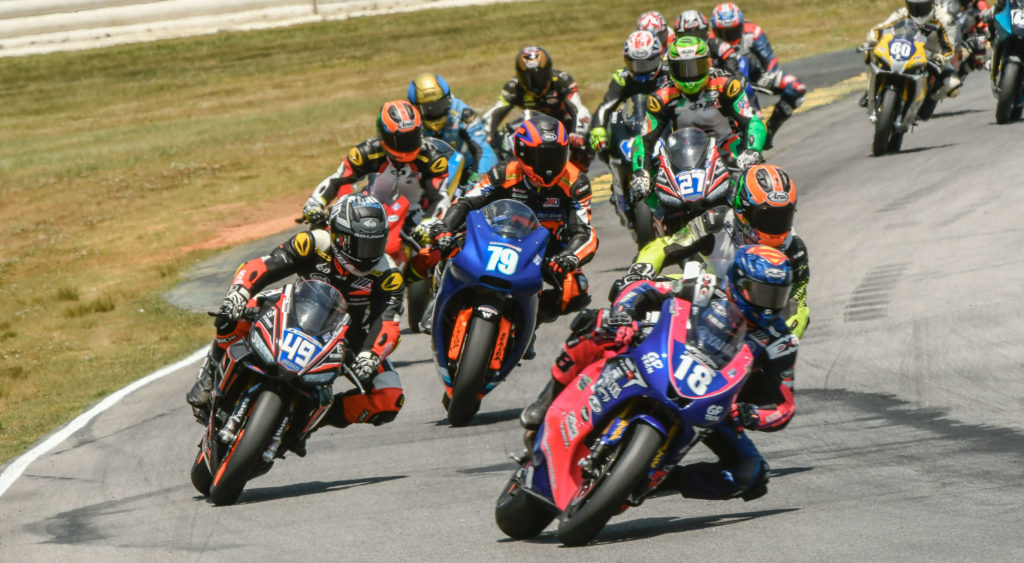
MotoAmerica’s Twins Cup was originally proposed as a “builders” class. It didn’t have full-blown superbike rules, but you could pour quite a lot of money into the bikes. It was based around SV650s, FZ07s, and ER6s—three learner, standard, slow motorcycles that were never designed to be raced. With Yamaha producing the R7 (based on the FZ07) and Aprilia launching its RS660, the class has morphed. These new bikes are much more track-focused. In Europe, both of these machines are used in spec racing classes: the WorldWCR on spec Yamaha R7s and Aprilia’s Trofeo Cup on RS660s. Are these bikes as interesting as the machines being raced in MotoAmerica’s Twins Cup? Nope. Not even close. But do they simplify the process of getting on the grid? Absolutely.
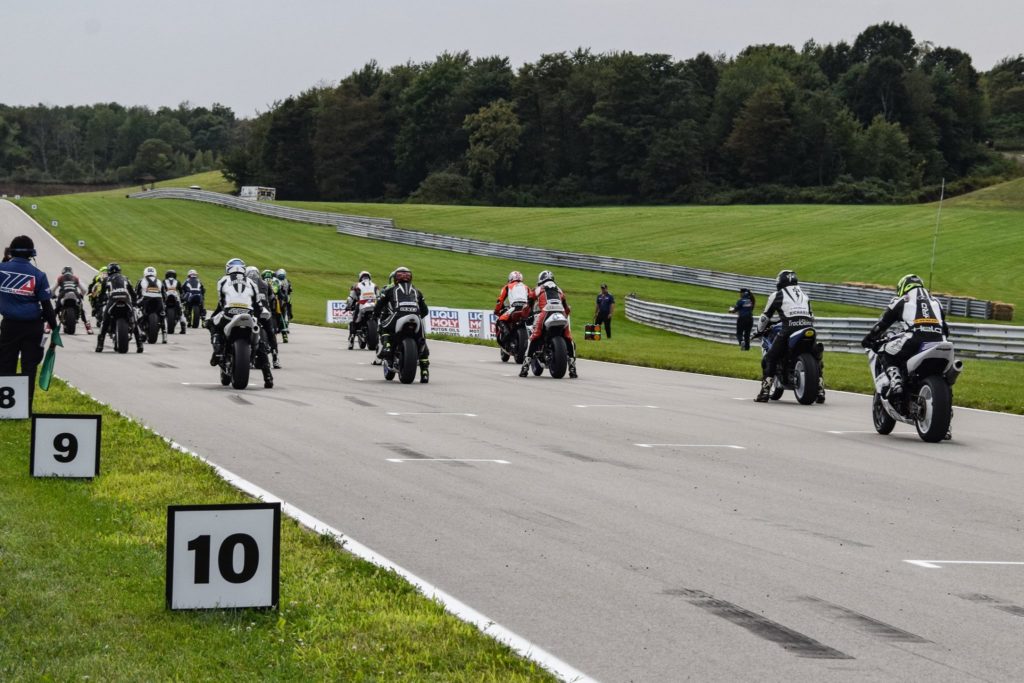
As someone who loves to build “superbike” class lightweight twins, this is a tough pill to swallow, but it might be time for the Twins Cup to evolve from its grassroots origins. We have a few machines that would fit the bill and allow racers not to worry about their machines being competitive enough. It’s nearly a spending war out there in the Twins Cup, and it would be far easier on teams and racers if their path to getting on the grid was as simple as purchasing an RS660 Trofeo or a GYTR R7. The Suzuki GSX8 is another viable option, with race kits currently available from Vance and Hines.
As much as we all love to see the creative machines that Twins Cup riders and teams come up with, and as good as the racing has been, is it time for a spec series? With MotoAmerica replacing Jr Cup with a spec series using Kramer 350 machines it may make sense for Twins Cup to follow suit.
This post has already been read 4212 times!

